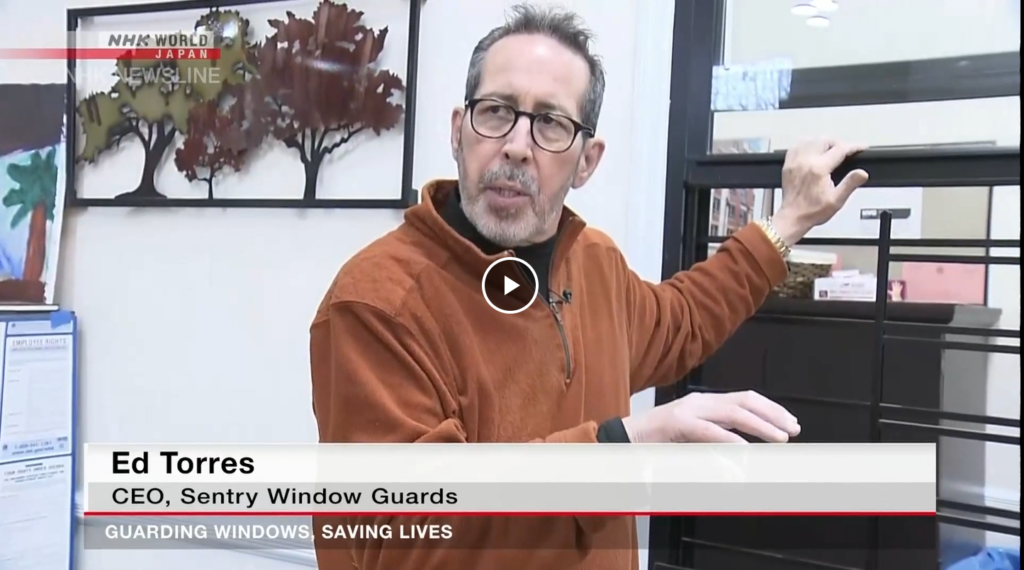Baby, it’s cold outside! Last month we discussed how to protect your household from deadly carbon monoxide fumes during the winter months. Now we want to touch on how to safely heat your NYC home this winter. According to the National Fire Protection Association (NFPA), space heaters, fireplaces, water heaters, stoves, and other heating units are leading causes of U.S. home fires. Use the safety tips and precautions below for a safe, warm winter.
- Practice the 3-foot rule by keeping any flammable items at least three feet away from all heating equipment, including your water heater. Create a 3-foot “kid-free/pet-free zone” around open fires and space heaters. Invest in a baby play yard or fence system to maintain this distance.
- Have an HVAC professional inspect your system and clean all the ducts at least once a year, but preferably twice before both the heating and cooling seasons. Also, change your furnace filter each month during the winter and remove all flammable materials from the area around your furnace.
- Never leave space heaters unattended. Remember to turn portable heaters off when leaving the room or going to bed. Make sure to place your heater on a flat, level, non-flammable surface such as ceramic tile rather than on carpet. Plug space heaters directly into a wall outlet, not an extension cord. Your space heater should be completely cooled down before touching or moving it.
- Be careful when using an electric blanket for warmth. Do not cover or fold electric blankets when they are on. “Tucking in” an electric blanket can cause it to overheat and start a fire.
- If you have a chimney, get it inspected annually for structural damage. Structural problems can allow high temperatures, sparks and embers to escape to combustible areas in walls, roofs or attics. Schedule regular cleanings to remove excess creosote from your chimney walls and ensure safe burning.
- Smoke detectors and fire alarms alert your family to fire and dangerous smoke while there is still time to evacuate. To ensure proper function, test them at least once a month and replace the batteries at least once or twice a year.
By law, all New York City residential building owners must maintain indoor temperatures of 68 degrees during the day whenever outdoor temperatures fall below 55 degrees during the colder months. Overnight, indoor temperatures cannot fall below 62 degrees regardless of the outside temperature. If an apartment lacks appropriate heat and/or hot water, tenants should first attempt to notify the building owner, managing agent, or superintendent. If service is not restored, the tenant should register an official complaint via 311. Enforcing heat and hot water laws is just one of the many ways HPD Housing Inspectors help keep New Yorkers in safe and secure homes.
At Sentry Window Guards we make it our mission to help keep families safe. We hope these tips will keep your family safe and warm this winter. For more information regarding our window guard products and our experience and leadership in understanding NYC safety requirements, contact us today!









